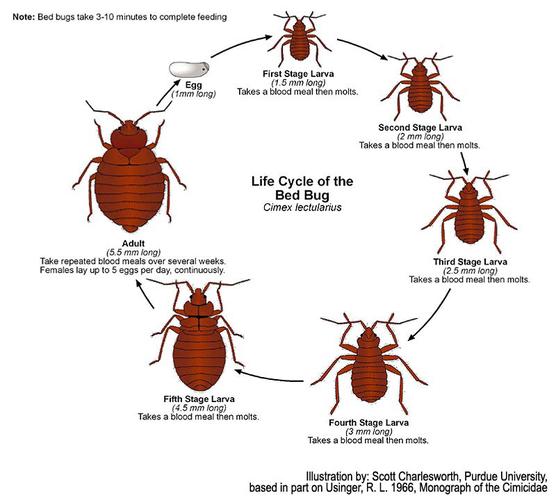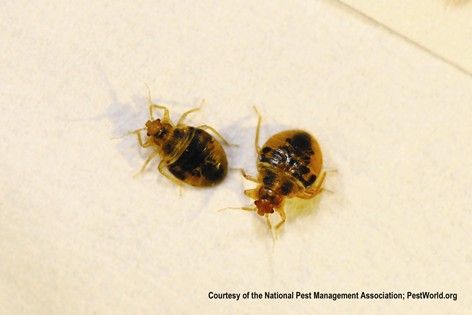
Bed Bug Flea Bites on Humans: A Comprehensive Guide
Bed bug and flea bites on humans can be quite distressing and uncomfortable. These tiny pests can cause a range of symptoms, from mild irritation to severe allergic reactions. In this article, we will delve into the details of bed bug and flea bites, including their causes, symptoms, treatment, and prevention methods.
Understanding Bed Bugs
Bed bugs are small, flat, oval-shaped insects that feed on the blood of humans and animals. They are reddish-brown in color and can grow up to 5-7 millimeters in length. Bed bugs are nocturnal creatures, meaning they are most active at night when their human hosts are sleeping.

Bed bugs can be found in a variety of places, including beds, sofas, curtains, and even in the seams of clothing. They are not attracted to cleanliness but can thrive in any environment where there is a human presence.
Understanding Fleas
Fleas are small, wingless insects that feed on the blood of animals and humans. They are typically brown or reddish-brown in color and can grow up to 2-3 millimeters in length. Fleas have powerful legs that allow them to jump long distances, making them quite agile.
Fleas can be found in a variety of places, including pet beds, carpets, and furniture. They can also be carried into homes on clothing and pets.
Causes of Bed Bug and Flea Bites
Bed bug and flea bites occur when these pests feed on the blood of their hosts. The bites are usually painless at first but can become itchy and inflamed over time. The following are some common causes of bed bug and flea bites:

| Bed Bug Bites | Flea Bites |
|---|---|
| Bed bugs feed on human blood at night, often while their hosts are sleeping. | Fleas can feed on both human and animal blood, often during the day. |
| Bed bugs are commonly found in beds, sofas, and other furniture. | Fleas can be found in pet beds, carpets, and furniture. |
| Bed bug bites can cause red, itchy welts on the skin. | Flea bites can cause red, itchy welts on the skin, often in clusters. |
Symptoms of Bed Bug and Flea Bites
The symptoms of bed bug and flea bites can vary from person to person. Some common symptoms include:
-
Red, itchy welts on the skin
-
Swelling around the bite area
-
Burning or stinging sensation immediately after the bite
-
Dark spots on the bed sheets or clothing, which may be blood from the bites
Treatment of Bed Bug and Flea Bites
Most bed bug and flea bites are mild and can be treated at home. Here are some common treatment options:
-
Wash the bite area with soap and water to clean the skin.
-
Apply a cold compress to reduce swelling and inflammation.
-
Use over-the-counter antihistamines or hydrocortisone cream to relieve itching and inflammation.
-
Keep the bite area clean and dry to prevent infection.
In some cases, severe allergic reactions to bed bug or flea bites may require medical attention. If you experience symptoms such as difficulty breathing, swelling of the face or throat, or a high fever, seek medical help immediately.
Prevention of Bed Bug and Flea Bites
Preventing bed bug and flea bites involves taking proactive measures to keep these pests out of your home. Here are some effective prevention strategies:
-
Regularly inspect your home for signs of bed bugs or fleas, including small, reddish-brown insects, blood spots, or fecal matter.
-
Keep your home clean and clutter-free, as pests are



